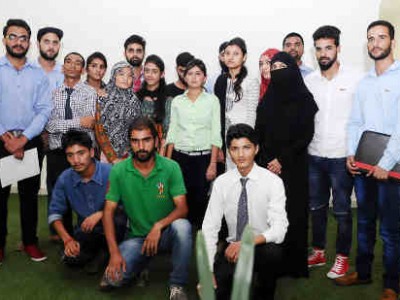
FAO and WFP to Boost Children’s Right to Food in Schools
The Food and Agriculture Organization of the United Nations (FAO) and the World Food Programme (WFP) have launched a project to improve the diet of school-aged children, with support from the German Federal Ministry of Food and Agriculture (BMEL).
In many countries school meals represent a significant portion of children’s daily diets, and it is vital that these directly contribute to their nutrition needs. The initiative — “School food nutrition guidelines and standards for safeguarding children and adolescents’ right to food” — will produce a new methodology, to aid government stakeholders and institutions develop and implement nutrition standards for healthier and higher quality school meals for children of all ages.
The project will also produce guidance for schools to implement hands-on food education strategies, including how to use school meal menus as learning materials in the classroom or how adolescents can use the standards to come up with nutritious meals.
Interventions to further improve the school food environment, such as restricting the marketing of sugary beverages in school premises, will also be promoted.
A key part of the project will focus on supporting national actors to integrate the new nutrition standards into legislation, by conducting legislative studies and providing capacity development.
Lastly, community ownership will be promoted at all stages of the process by strengthening, for example, school-level mechanisms where students and parents can report non-compliance with the nutrition standards.
The methodology and guidance package will be piloted in two countries, Cambodia and Ghana, to gather direct feedback on their usefulness. Both will be then adjusted and finalised through regional and global workshops.
The project is in line with the commitment of support that five United Nations agencies have made towards the global School Meals Coalition and its aim to ensure that every child gets a daily, healthy meal in school by 2030.
It also contributes to the achievement of several Sustainable Development Goals, particularly SDG 2 (Zero Hunger), 3 (Good Health and Well-Being) and 4 (Quality Education).



